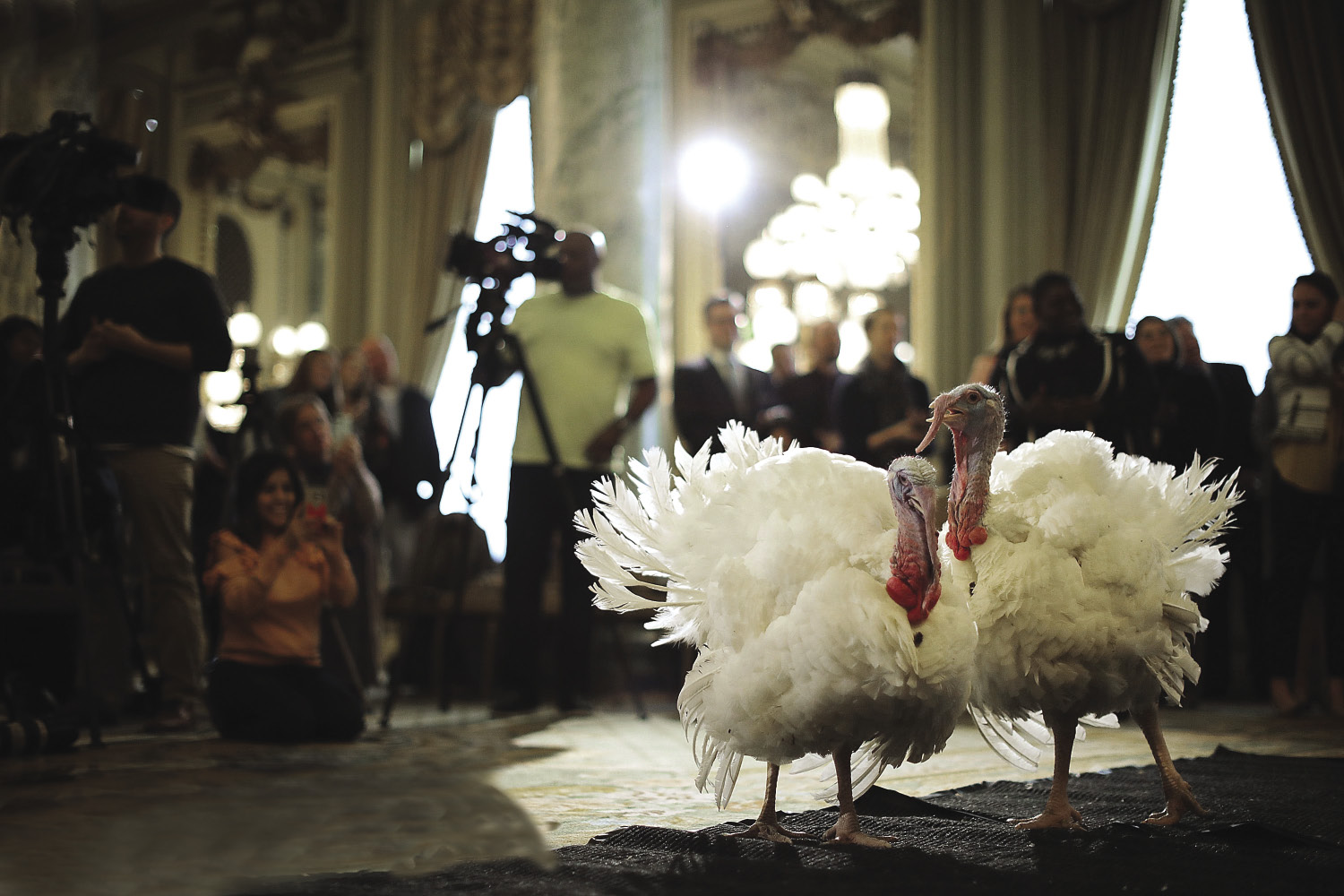
In the UK, it is the courts & not the government that determines a person’s guilt, explains Athelstane Aamodt
Every Thanksgiving, the president of the United States ‘pardons’ a turkey. Unsurprisingly, there is no enumerated power for the president to do so in the US Constitution; it is merely a tradition.
The president does, however, have the power to pardon people; at Art II, s 2 of the US Constitution, it states that ‘... he [the President] shall have Power to grant Reprieves and Pardons for Offenses against the United States, except in Cases of Impeachment.’ This power to reprieve and pardon has been used to varying degrees by presidents; Barack Obama pardoned 212 people and commuted the sentences of 1,715 people, although this pales into insignificance when compared with Andrew Johnson (Lincoln’s successor as president), who pardoned over 8,000 people—most of them ex-Confederates, including Jefferson Davis.
The president’s powers under the constitution are broad, and attempts to have the courts interfere have proved almost entirely unsuccessful. The Supreme Court has held that the president’s powers include the power to grant pardons, conditional pardons, commutations











